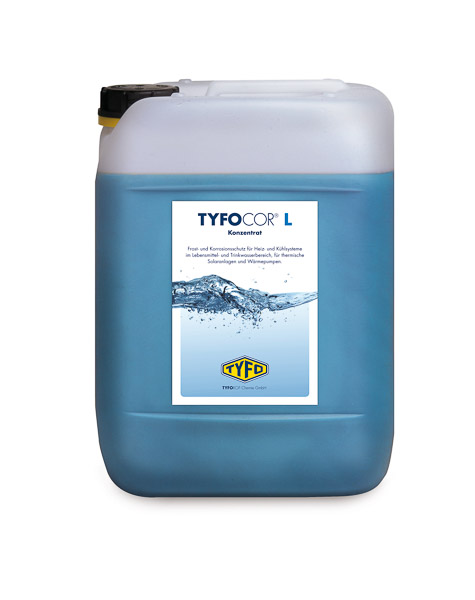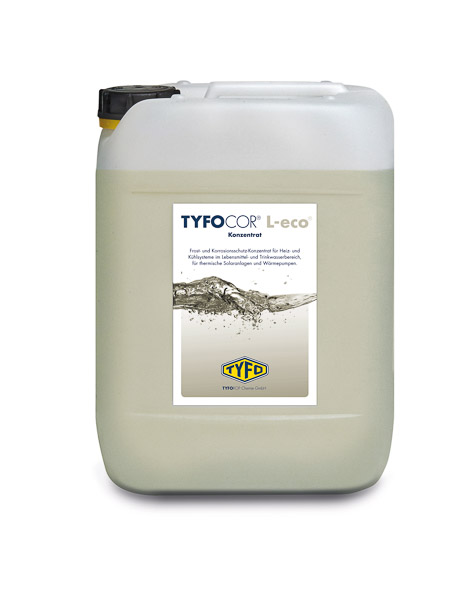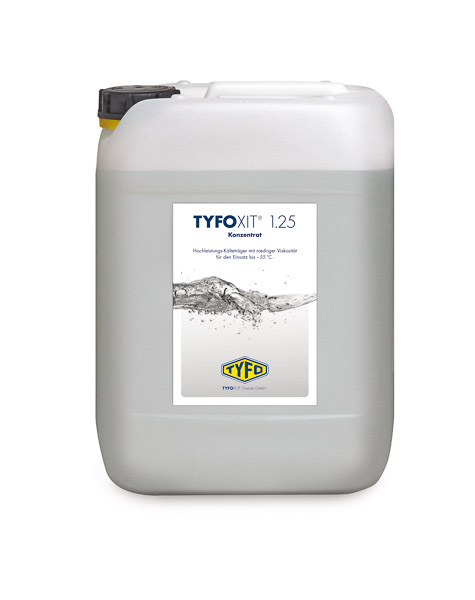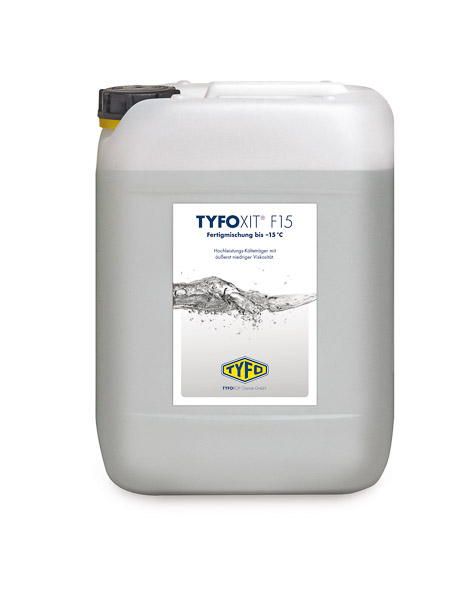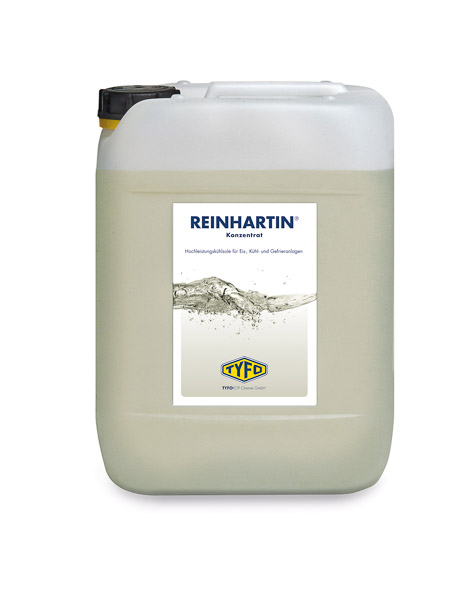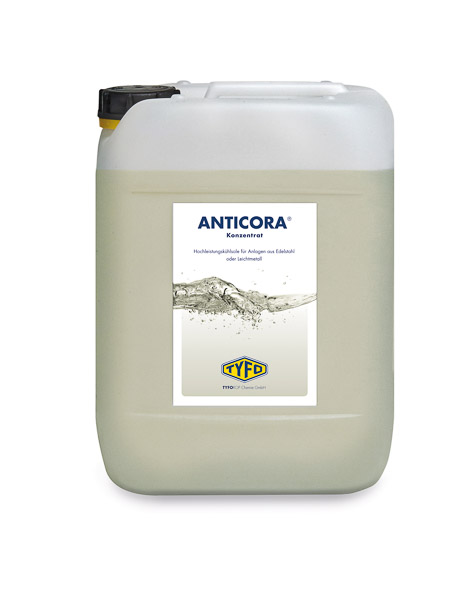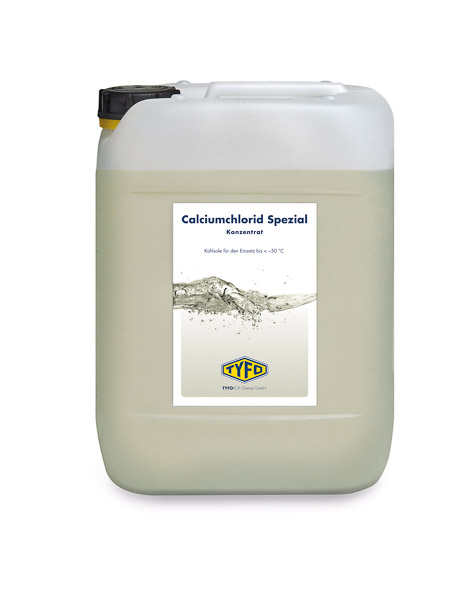Have a cold one with TYFOCOR® L
The art of brewing beer
There is an old German saying: “Auch Wasser wird zum edlen Tropfen, mischt man es mit Malz und Hopfen.” (Even plain water becomes a noble beverage if you mix it with malt and hops). Who could disagree with that? The individual may exist, but they have yet to be found here. In Germany, beer is simply part of the culture.
There are 1,349 breweries, 12 styles of beer, and nearly 5,000 different beers on the market. The average German drinks 109 litres of beer annually. That puts us in second place in the world among beer drinking countries.
Only in the Czech Republic, whose citizens drink an average of 159 litres of beer (frequently of German origin) each year, is this frothy beverage even more popular. And nothing could be purer — it’s just water, malt, hops, and yeast. That is all that’s permitted in German beer. No sugar, corn, or rice, and of course no preservatives whatsoever. And just guess who ran away with the “World Beer Cup 2014?” That’s right, Germany. Nine gold, ten silver, and nine bronze medals. Yes, German brewers are good.
What accounts for the differences in beers?
What makes one beer taste better than the next? Is it the quality of the water, yeast, hops, and malt? “No,” says Marc-Oliver Huhnholz,
spokesperson for the German beer brewing association. “The quality is very high among all the brewers, and the brewing process is always the same from the brewhouse to the bottling machine. What makes the difference is how you use those ingredients.” Because brewing beer remains an art despite the modern equipment and tools available. Time and especially temperatures play an important role.
It begins with malting: Malt is nothing more than grain that has germinated in water. Mostly wheat and barley, but it can also be spelt or rye. The malt softens, and is then dried. Temperature, humidity, and ventilation are important — these factors determine the colour of the beer. In the brewery, the malt is ground and cleaned, mixed with water, and heated to several different temperature levels. And to give you some idea of the size of the “pot” that is required: 18 tons of cracked malt to 120,000 litres of water is a standard mixture in large breweries these days.
The brew is gradually heated to 76°C and ferments until the starch has turned to sugar, which will later become alcohol. Once that process has finished, an iodine test is carried out and the liquid in which all the soluble substances from the malt are now contained is filtered and purified. Now what you’ve got is called the wort. Next, hops are added and the liquid is cooked for nearly an hour, cooled, and transferred to the fermentation tank where yeast is added to initiate fermentation. The purpose of fermentation is to convert the malt sugars dissolved in the wort into carbonation and alcohol. That lasts anywhere from a few hours up to an entire night, depending on the brewer’s preferences. The resulting “raw beer” now ages for up to three months in storage tanks at –3°C, depending on the style of beer and recipe.
Beer logistics can be tough to swallow
Massive quantities of liquids and ingredients need to be kept fresh, heated over and over again, cooled, and pumped from one tank to the next. And we are an important part of that process. TYFOCOR®L, for instance, has flowed through the lines of Hamburg’s Holsten brewery (one of the most renowned and modern breweries in the world) for years now. It helps ensure a smooth, reliable, and trouble-free brewing process. Because transferring heat also means ensuring that lines do not corrode and that the other components used in the piping such as metals and plastics don’t degrade.
Have a cold one with
TYFOCOR® L
German beer is number 1 in the world, and German brewers are world champions. Is that because of the work we do at TYFO? Not directly, but nevertheless, we tend to agree with the Roman philosopher Seneca: “Even if something is smaller than something bigger, that doesn’t mean it’s insignificant.” Just as the painter needs the right paints and a carpenter needs the right tools, the success of a brewery is also in part dependent upon everything working perfectly from the brewhouse to the bottling machine.
TYFO products for the food and beverage industry
TYFOCOR® L
For cooling, heating, solar, and heat pumps.
TYFOCOR® L-eco®
For cooling, heating, solar, and heat pumps.
TYFOXIT® 1.15–1.25
For all cooling systems with indirect cooling.
TYFOXIT® F15–50
For all cooling systems with indirect cooling.
REINHARTIN®
For ice, cooling, and freezing systems.
ANTICORA®
For systems made of stainless steel or plain carbon steel
Calcium Chloride Special
For cooling systems made of plain carbon steel.


